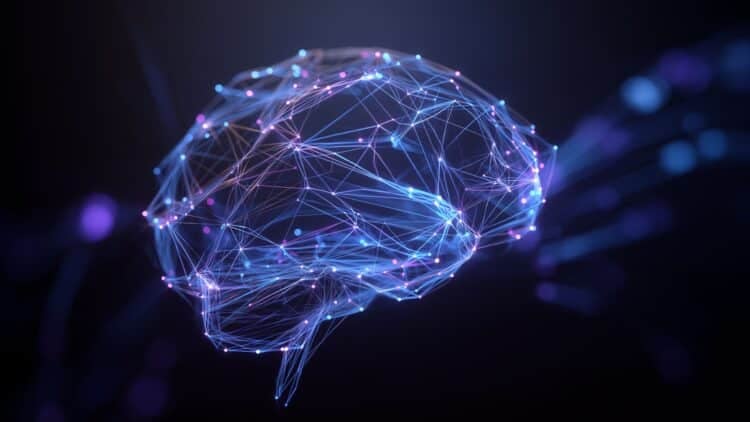Is everything we see, feel, and experience not real? Plato already proposed this theory with his myth of the cave. For thousands of years, humanity has wondered whether what we are actually experiencing as living beings is real or simply a simulation. With the arrival of The Sims, the highly acclaimed video game, the question kept popping up. What if we are just Sims? What if there is someone above us controlling destiny? Are we about to end up locked in a room without doors with a rocket? Maybe one day we will take a dip and the pool ladder will disappear?
The simulation hypothesis has always been there, but it comes and goes with the trends. One of the people who has brought it back is the influential Elon Musk, who, when he’s not dancing with his robot Optimus, seems to be popularizing this science fiction premise.
It has reached such a point that it has become a serious debate in the philosophy of technology. So much so that an international team of physicists has moved from speculation to rigorous demonstration. And they haven’t been speculating over a bottle of whiskey, no, they’ve been using Kurt Gödel’s logical theorems. Who would have thought that mathematics was needed to discover whether we really exist or not?
The Simulation Hypothesis
The simulation hypothesis as we know it in modern life began to gain traction thanks to philosopher Nick Bostrom’s probabilistic argument. Mr. Boström suggested that if an advanced civilization reaches the stage of being able to create a simulation of reality, it is unlikely that they would create many of them. Basically, like when you create household units in endless games of The Sims 4.
These simulations, in turn, could generate their own simulations, creating an infinite stack of realities. This is why, if we were playing The Sims so calmly, we would jump to the conclusion that we were not, in turn, merely Sims characters being controlled by someone else. (Easter egg: on the second generation of Sims, your characters could actually play The Sims on their own computer.)
The point is that, in this multi-level scenario, the chances of our universe being the only original one—rather than one of billions of simulated ones—are almost nil. This debate has transcended philosophy and entered the realm of fundamental physics. Many physicists have sought a Theory of Everything (ToE) that unifies all the laws of gravity and quantum mechanics. The challenge of all this has been how to test an idea whose very definition implies being beyond our own physical reach.
There was no need for telescopes or particle accelerators, only the immutable frontiers of mathematics and logic. In the end, all that was needed was a large blackboard to do the calculations.
The Wall of Logic
Although it sounds like Greek to us, mathematical logician Kurt Gödel caused a sensation in mathematics back in 1931 with his Incompleteness Theorem. Gödel’s Incompleteness Paradox established that any formal system complex enough to include basic arithmetic will be inherently incomplete or inconsistent. Since a formal system is a set of fixed rules and pre-established axioms (such as mathematics, or computer program code in practice), there will always be true statements within that system that are impossible to prove or test by following only its own internal rules.
If a machine is programmed only to add and operate within the axioms of addition, you will know that 2 + 2 equals four, but it will never be able to prove why the higher rule of addition exists… Or if there is anything beyond addition. In conclusion, this truth is real, but it is beyond the reach of its own code, so it requires an external layer of truth above it. The system is therefore incapable of understanding itself completely.

